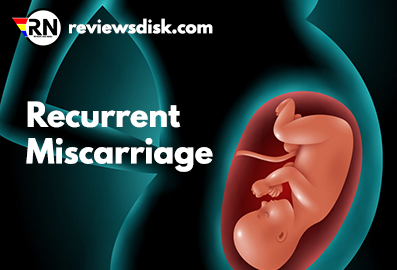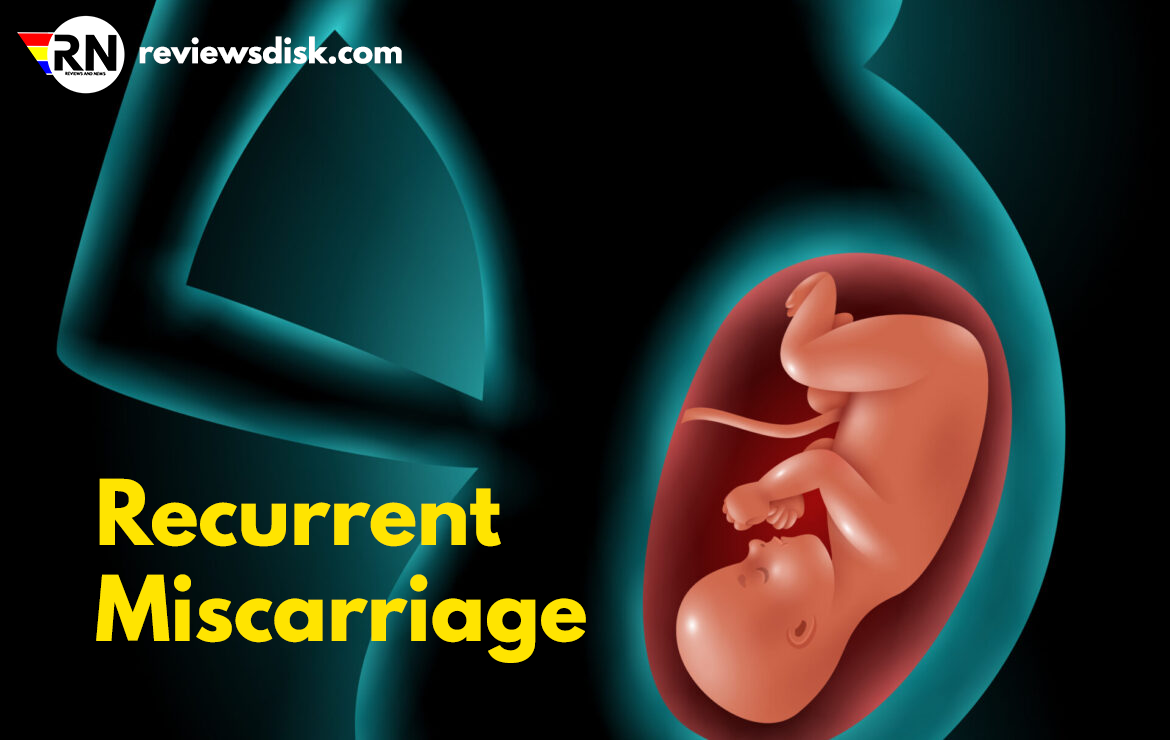In this post i have to share about Recurrent Miscarriage, and also discuss Recurrent miscarriage causes, symptoms and diagnosis, hello everybody welcome to our new blog post, i hope its a informative for you.
Recurrent Miscarriage
Have you ever heard the saying, “When it rains, it pours”? Life, sometimes, throws us a curveball, and when it comes to recurrent miscarriage, the feeling can be overwhelmingly similar.
What is Recurrent Miscarriage?
Recurrent miscarriage refers to the heartbreaking situation where a woman has three or more consecutive miscarriages, typically within the first trimester of pregnancy. But why does it happen, and can anything be done about it?
Causes of Recurrent Miscarriage
Understanding the causes can be the first step towards healing and finding a solution.
Genetic Factors
Some miscarriages are the result of chromosomal abnormalities, making it impossible for the baby to develop. In some cases, either the sperm or egg might have too many or too few chromosomes. Sounds complicated, right? Think of it like trying to read a book with missing pages or extra chapters; the story doesn’t make sense.
Uterine Abnormalities
Sometimes, the issue lies with the structure of the womb itself. It could be an unusually shaped uterus or the presence of uterine fibroids.
Immunological Causes
Ever heard of the body’s immune system attacking its cells? Sometimes, a woman’s immune system mistakenly targets pregnancy tissues, leading to a miscarriage.
Symptoms and Diagnosis
But how can someone tell if they’re experiencing recurrent miscarriage? And how is it diagnosed?
Common Symptoms
While a single miscarriage can be due to various factors, experiencing multiple miscarriages might be accompanied by signs like spotting, abdominal pain, and strong cramps.
How Is It Diagnosed?
It usually involves a series of tests, such as blood tests, pelvic ultrasounds, and sometimes, genetic testing.
The Emotional Impact
It’s not just the physical toll; the emotional scars run deep.
Grief and Loss
The heartache and grief can be overwhelming. Like a wave that never seems to end, the emotional aftermath can be tumultuous.
Coping Mechanisms
Seeking therapy, joining support groups, or simply talking to a trusted person can be therapeutic. Remember the analogy of a storm? Just like any storm, this too shall pass.
Treatment Options
Finding the silver lining involves understanding the available treatments.
Medical Interventions
From hormonal treatments to surgical procedures, there are ways to address the underlying causes of recurrent miscarriage.
Lifestyle Changes
Sometimes, simple changes in diet, stress levels, or environmental factors can make a world of difference.
Hope After Recurrent Miscarriage
Success Stories
Many women, after facing recurrent miscarriages, go on to have successful pregnancies. It’s like the sun emerging after a relentless storm.
Seeking Support
Joining communities, seeking medical advice, and not losing hope are crucial. It’s akin to finding an umbrella in the rain; every bit of support helps.
Conclusion
Recurrent miscarriage is a journey filled with challenges, but with understanding, support, and medical intervention, many find their rainbow after the storm. Remember, every storm has a rainbow, and every night has a dawn.
FAQs
- Is recurrent miscarriage common?
While miscarriage is common, recurrent miscarriage affects about 1% of couples trying to conceive. - Can lifestyle changes prevent recurrent miscarriage?
While lifestyle changes can help, it’s essential to consult with a healthcare professional for personalized advice. - Are there specific tests for diagnosing recurrent miscarriage causes?
Yes, depending on the suspected cause, tests can range from blood tests to ultrasounds. - Is it possible to have a successful pregnancy after recurrent miscarriages?
With the right treatment and support, many women go on to have healthy pregnancies. - Should I seek therapy after experiencing recurrent miscarriages?
If you feel overwhelmed, seeking therapy can be beneficial. It provides a safe space to process emotions.

